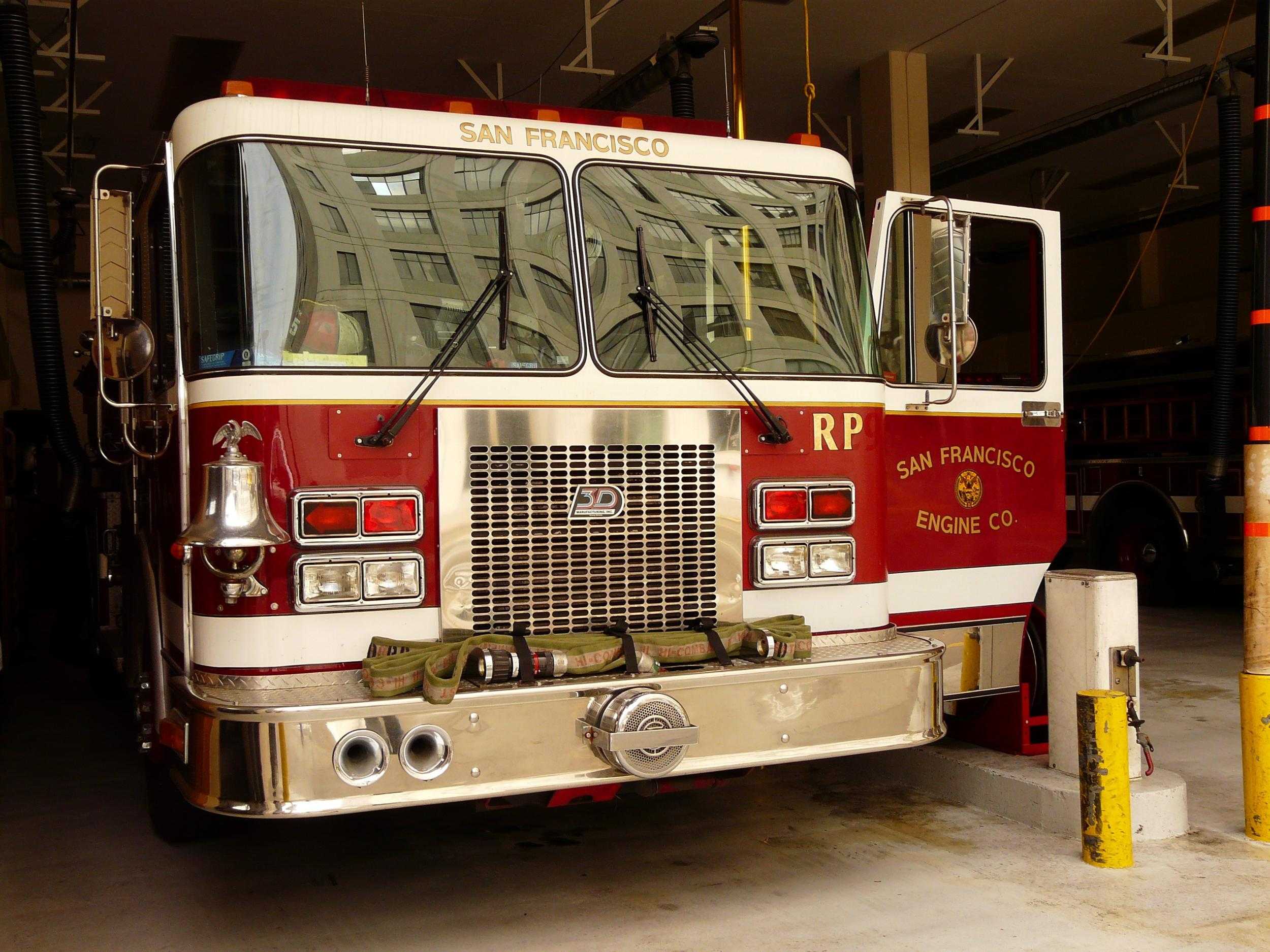Emotional Responses.
Everyone copes with misfortune differently. Those who fall apart and those that stare it coldly in the face are both dealing with it in their own way.
Imagine a young child, perhaps age three or four; sat on the floor playing happily with a shiny red fire truck. Limb control being very much a work-in-progress at that age, the truck is unexpectedly dispatched a little too aggressively on an urgent mission under the sofa; slightly to the surprise of its operator. For a moment, the kid contemplates a successful deployment but then assesses the situation. The truck is now out of reach. A moment ago, the kid had a fire truck, and now it is utterly gone. Unintentionally sacrificed to the dark void of the under sofa realm. After considering the matter for a few more seconds, a course of action is decided upon; and the kid erupts. These are no simple tears of frustration; this is an open throat howling ode to the injustice of the universe; the tragedy of the human condition and to sorrow unbound. The kid cries as if all love is lost, every dream crushed, and all hope abandoned. Anguish and torment contort the kids face into a mask of utter pain and misery; until the kid's parent fishes the fire truck back out from under the sofa and returns it to its operator.
One ought to hold on to one's heart; for if one lets it go, one soon loses control of the head too.
The thing is; in a way; the kid's response wasn't disproportionate, and there was nothing wrong with the kid's sense of perspective. In the moment of losing that fire truck, the kid is feeling the worst sorrow, the most significant loss and the most profound injustice it can ever recall having experienced. And it's all happening all at once. The fundamental truth of death, of having something and then seemingly irrevocably not having it any more, is being experienced for the first time.
It might be reasonable to conclude that our emotional responses are not proportionate to the significance of an event, but in fact, to the level of experience we have with that emotion.
If you have had a fortunate life, your response to a minor tragedy might be more significant than if your life had been punctuated with several such tragedies in the past. Throughout our lives, we suffer the slings and arrows of outrageous fortune (Hamlet, Act III, Scene I), and we become aware of the misfortunes of others. We weather the storms of adversity, make our way through the dark fogs of despair, and we overcome the weight of tragedy. Each time we deal with such things, however big or small, our perspective changes. We grow our fortitude and strengthen and resolve; we become a little more able to take on the next challenge life has to throw at us. However, we are all at different places on this journey.
Your emotions are the slaves to your thoughts, and you are the slave to your emotions.
We are all in different places
When my parents divorced many well-meaning family members, and the parents of my friends would awkwardly enquire how I was coping with it all. For a variety of reasons, I was OK about it. It seemed to make sense. I was old enough to see it pragmatically, and its broader implications were utterly unknown to me; and, for that matter, to everyone else. For all I knew, this was something that happened to all kids at a certain age. Except; they kept asking if I was OK, and the more they did that, the more I thought that I probably wasn't supposed to be OK. I worried that there was something wrong with me; that I should have been more upset, less pragmatic, that I didn't care enough, or that the whole thing was worse than it seemed. This upset me and caused me to worry much more about the situation. I don't blame the people who asked, of course; I know they were only trying to show that they cared. But as with the kid and fire truck, I was at a different place in my emotional journey and their incorrect expectations about how I should be feeling caused them to make the situation inadvertently worse.
The world is a tragedy to those who feel, but a comedy to those who think.
Emotional confirmation
In moments of high emotion, we often look to others to validate our own emotional responses. If we don't see these emotional states reflected in those around us we may feel as if they are invalidating how we feel; as if they are saying what we are feeling emotionally is wrong. The effect is certainly just as likely if you are calm when others are upset, or if you are upset where others are calm; however, it is likely that those who are upset are the ones that will feel that those who are calm, minority or majority, are the ones invalidating their emotional response. This is partly because calmness is often interrupted as lack of emotion. I don't think this is correct. I think that calmness is a response to an emotional state, just like being upset. How we respond to the emotional state depends on where we are in our emotional journey.
Not right answers
There is no authority on how someone should feel, and the expectation that we should all react the same way can cause inadvertent harm. Those who fall apart and those that stare coldly in the face of adversity are both dealing with emotion in their way - I honestly don't know which I would rather be, but I am pretty sure no one gets to choose.
